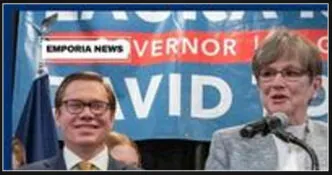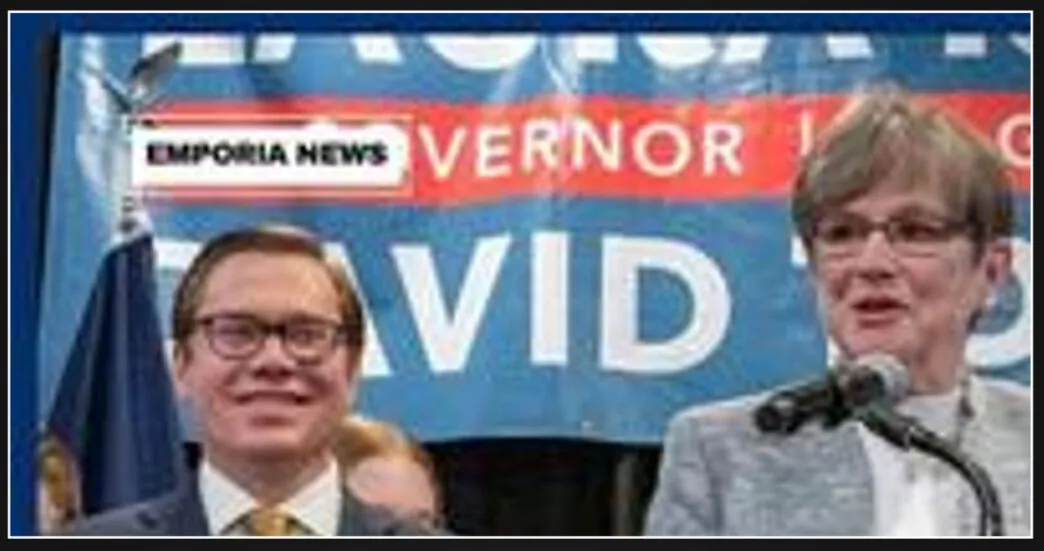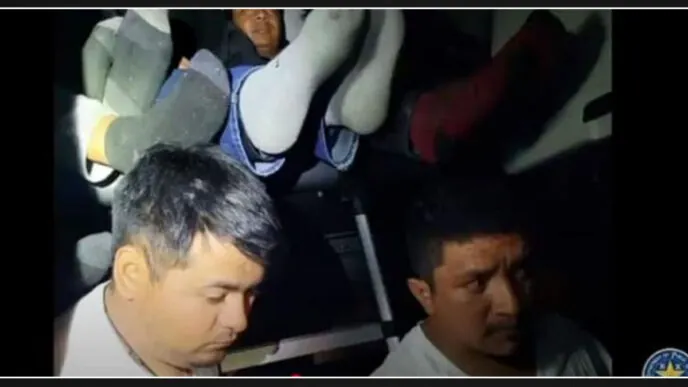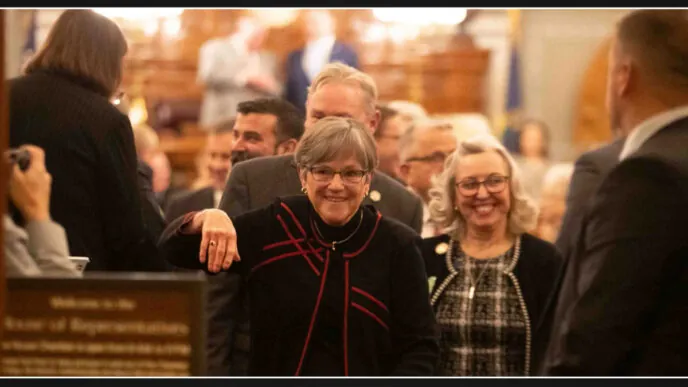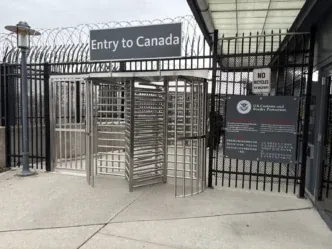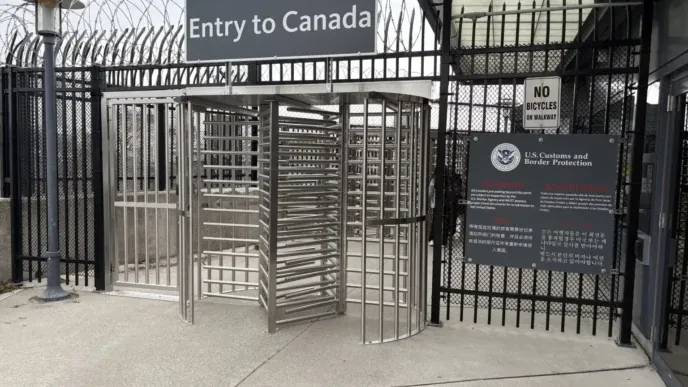In her 2025 State of the State address, Democratic Governor Laura Kelly presented a bold agenda that centers around key issues such as child care, water sustainability, and Medicaid expansion.
Despite calling for bipartisan collaboration, it seems that the Republican-controlled Kansas Legislature is determined to oppose several crucial aspects of her vision.
In this article, we will explore Governor Kelly’s proposals, the response from the Republican party, and the potential implications these actions may have for the state of Kansas.
Governor Kelly’s 2025 Agenda
Child Care Initiatives
Governor Kelly stressed the urgent need to tackle the childcare shortage in the state, highlighting that Kansas currently falls short by approximately 85,000 slots to meet the demand. To address this issue, she put forward a proposal to establish an Office of Early Childhood. The aim of this office would be to streamline services and remove bureaucratic obstacles for both childcare providers and parents.
The main objective of this initiative is to streamline the operations of various state agencies and simplify the process of establishing and managing new childcare centers.
Water Sustainability
Governor Kelly emphasized the urgent need for water conservation and proposed a long-term investment plan to safeguard the state’s water resources. She stressed the importance of ensuring a reliable water supply for future generations, especially in rural regions that heavily rely on agriculture as a key economic sector.
Medicaid Expansion
Governor Kelly has emphasized the importance of expanding Medicaid in Kansas, highlighting the need to provide healthcare coverage to an additional 150,000 residents. She highlighted the concerning trend of rural hospital closures, with eight already closed in the past decade and 59 more at risk. Governor Kelly argues that Medicaid expansion is a critical measure to help stabilize the healthcare infrastructure in rural areas.
Republican Response
Despite the Governor’s call for unity, Republican leaders have shown their opposition to several of her proposals. Senate President Ty Masterson voiced his concerns about what he called a “radicalized woke agenda” in education, expressing worries about potential overreach in public school curricula. He and other Republicans have been promoting policies that prioritize parental choice and transparency in education, including the implementation of school voucher programs.
When it comes to fiscal matters, Republicans have raised concerns about the potential costs associated with Medicaid expansion and significant investments in water infrastructure. They stress the significance of maintaining fiscal responsibility and urge caution when it comes to initiatives that may result in budget deficits or higher taxes. Additionally, the GOP has put forth proposals for additional tax cuts, such as reductions in income and property taxes, with the aim of fostering economic growth and providing taxpayers with surplus revenues.
Key Proposals and Republican Stance
The Republican Party has put forth several key proposals in recent years, outlining their stance on various issues. These proposals reflect the party’s core values and priorities.
One significant proposal put forward by Republicans is tax reform. The party advocates for lower taxes, arguing that this will stimulate economic growth and job creation. They believe that reducing the tax burden on businesses and individuals will free up capital and encourage investment.
Another important proposal is healthcare reform. Republicans have been critical of the Affordable Care Act, commonly known as Obamacare, and have proposed alternative solutions. They argue for a market-based approach, emphasizing individual choice and competition among insurance providers.
The Republican Party also supports stricter immigration policies. They have called for enhanced border security and measures to address illegal immigration. Republicans believe that protecting the borders is crucial for national security and the rule of law.
In addition, Republicans have championed deregulation as a means to spur economic growth. They argue that excessive regulations stifle innovation and hinder small businesses. The party advocates for scaling back government regulations to create a more business-friendly environment.
Furthermore, Republicans have taken a strong stance on national defense and foreign policy. They emphasize a robust military to protect American interests and maintain a strong presence on the global stage. Republicans prioritize a strong defense budget and assertive diplomacy to address global challenges.
Overall, these key proposals reflect the Republican Party’s commitment to limited government, individual liberty, and free-market principles. The party believes that these policies will lead to greater prosperity and opportunity for all Americans.
| Proposal | Governor Kelly’s Plan | Republican Stance |
|---|---|---|
| Child Care Initiatives | Establish an Office of Early Childhood to streamline services and address the 85,000-slot shortage. | Concerns about expanding government agencies; preference for private sector solutions and local control. |
| Water Sustainability | Invest in long-term water conservation projects to secure future supplies, especially for rural agricultural areas. | Acknowledgment of the issue but cautious about large expenditures; preference for market-based solutions and private sector involvement. |
| Medicaid Expansion | Expand Medicaid to cover an additional 150,000 Kansans, aiming to stabilize rural hospitals and provide broader health coverage. | Opposition due to concerns about long-term costs and potential strain on the state budget; preference for alternative healthcare reforms. |
| Education and School Vouchers | Oppose school voucher programs, arguing they would divert funds from public schools and harm rural education systems. | Support for school vouchers to increase parental choice and competition; belief that vouchers can improve educational outcomes. |
| Tax Policy | Advocate for targeted tax relief measures, such as accelerating the elimination of the sales tax on groceries. | Push for broader tax cuts, including reductions in income and property taxes; concern that Governor’s proposals do not go far enough in providing tax relief. |
Implications for Kansas
The clash between Governor Kelly’s vision and the priorities of the Republican Legislature sets the stage for a potential stalemate in the legislative process. There are several key areas of contention that contribute to this divergence, including:
Legislative Deadlock
With significant majorities in both legislative chambers, Republicans have the power to block or make substantial amendments to the Governor’s proposals. This could potentially result in stalemates, especially when it comes to issues such as Medicaid expansion and education funding.
Policy Outcomes
The success of initiatives like the Office of Early Childhood and comprehensive water conservation efforts relies heavily on the ability of both parties to reach compromises. If bipartisan support is lacking, these programs could experience significant delays or even fail to come to fruition.
Economic Considerations
Disputes regarding tax policy and budget allocations may have a significant impact on the state’s economic trajectory. Republicans are advocating for extensive tax cuts in order to spur growth. However, the Governor cautions against implementing measures that could potentially jeopardize fiscal stability and essential public services.
Governor Laura Kelly has introduced a 2025 agenda that aims to tackle important issues in Kansas, including childcare shortages, water sustainability, and healthcare access. However, the Republican-controlled Legislature’s priorities differ from the Governor’s, which could make the path forward challenging. The upcoming legislative session will serve as a test for bipartisan cooperation and the ability to find common ground to benefit all Kansans.
This Article Includes

